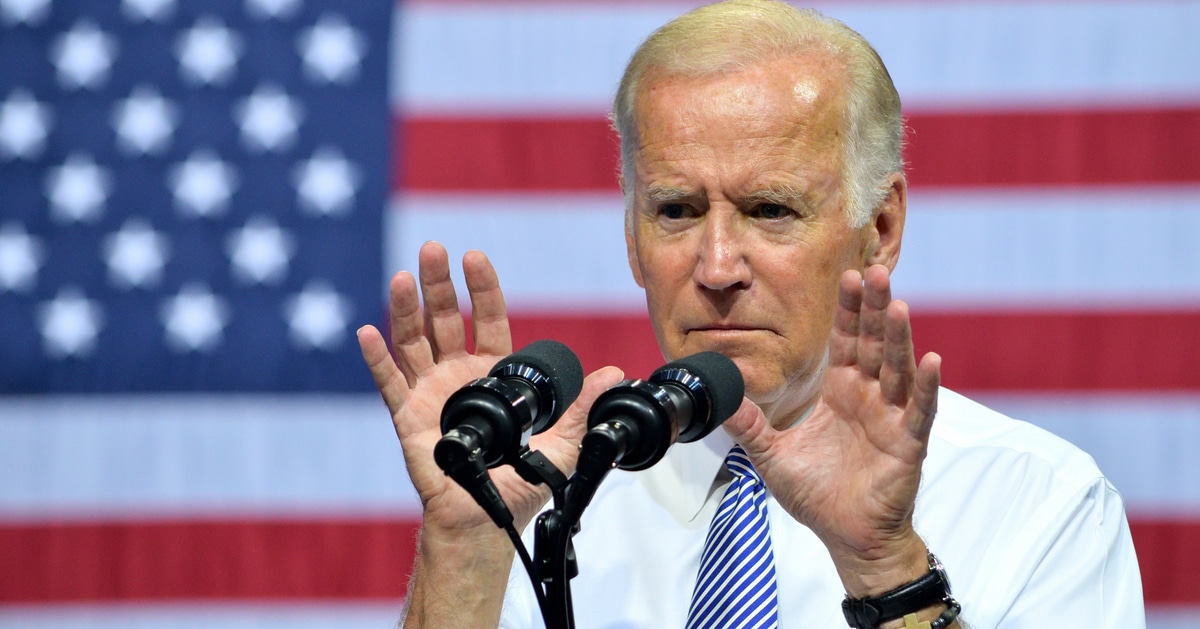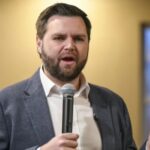

Bakersfield, CA, is poised to initiate a pivotal new phase in its ongoing battle against homelessness, as directed by recent state legislation.
NBC Philidelphia reported that under Governor Gavin Newsom’s directive, the city is set to enhance quality of life and housing availability through an expanded approach to behavioral health and homelessness.
In 2018, Bakersfield embarked on a multi-phase strategy to tackle its escalating homeless crisis. This initiative was in response to a growing number of unsheltered residents, aiming to address the urgent need for housing and supportive services.
With the inception of each phase, the city has progressively laid the groundwork for a more robust infrastructure to support its homeless population. This fourth phase, supported by Governor Newsom’s legislation, aims to significantly expand housing options and enhance service availability.
The city has now reached a critical juncture with the introduction of phase four, which focuses on several key enhancements including extended team hours for homeless response and the addition of more shelter beds.
The current phase includes not just an increase in shelter beds—708 since 2018—but also stronger enforcement measures and an expansion in behavioral health resources. These efforts aim to better manage the challenges faced by those without homes.
Vice Mayor Andrae Gonzalez highlighted the progress, noting that the number of new beds could have accommodated all unsheltered individuals counted in 2019. Despite these efforts, keeping pace with the inflow of new homeless individuals remains a challenge.
This was an obvious outcome to anyone paying attention as its common sense that offering free stuff to homeless people will draw in more homeless people.
"We have more than enough beds since we started, we just can’t keep up with the inflow. I think this is the case we need to make to the public,” said Gonzalez.
As part of the housing strategy, the city has completed 210 affordable housing units since the plan’s initiation, with more in the pipeline—227 units are under construction and 485 are in pre-development stages.
In addition to constructing new units, Bakersfield is also innovating with financial strategies to boost housing availability. An allocation of $600,000 will support accessory dwelling units, and a new registry will connect landlords with those in need of affordable accommodations.
City Manager Christian Clegg emphasized the importance of these efforts, stating, "Housing is clearly one of the top long-term solutions."
The city is not working alone. It plans to enhance partnerships with faith-based organizations to expand outreach and support services. This collaborative approach is essential for the comprehensive strategy envisioned in phase four.
Despite these collaborative efforts, challenges persist. A stark reflection of this is the fact that only nine multi-family residential units were completed in Bakersfield this year, indicating a need for increased construction activity.
Juan Rodriguez, a former resident now living in Seattle, compares his experiences, highlighting the disparity in housing development. "We have the numbers right here, the number of multi-family residential units built this year, only 9 units have been built this year. I went to North High so I grew up in the suburbs and we don’t really have density," he said.
Addressing market forces is also a critical component of Bakersfield’s strategy. Rodriguez pointed out the importance of market rates in driving down prices, "Market rate is what is going to drive prices down for people like you and I, working a 9-to-5 trying to get by, that is the bread and butter."
His observations reflect a broader issue faced by many cities: balancing market-driven development with the need for affordable housing options that are accessible to lower-income individuals.
As Bakersfield moves forward with its comprehensive plan, the focus remains on a balanced approach that includes enforcement, service expansion, and partnership-building, aiming to create a sustainable model for managing homelessness and improving the quality of life for all residents.



